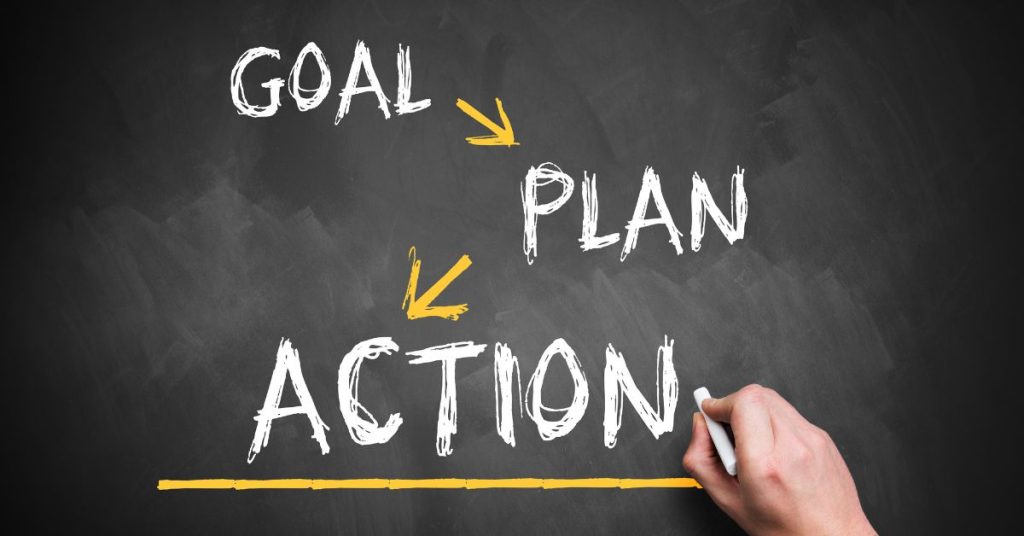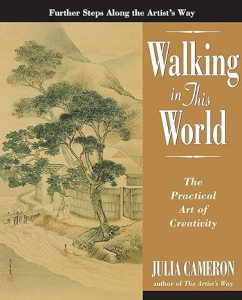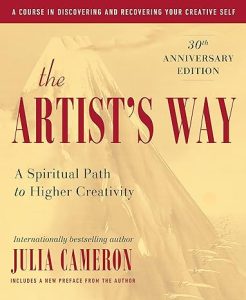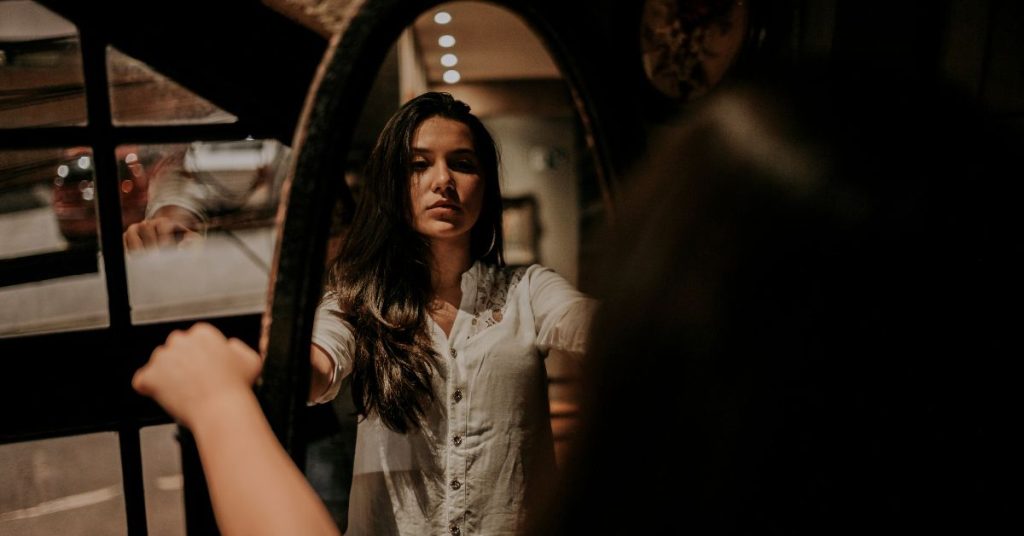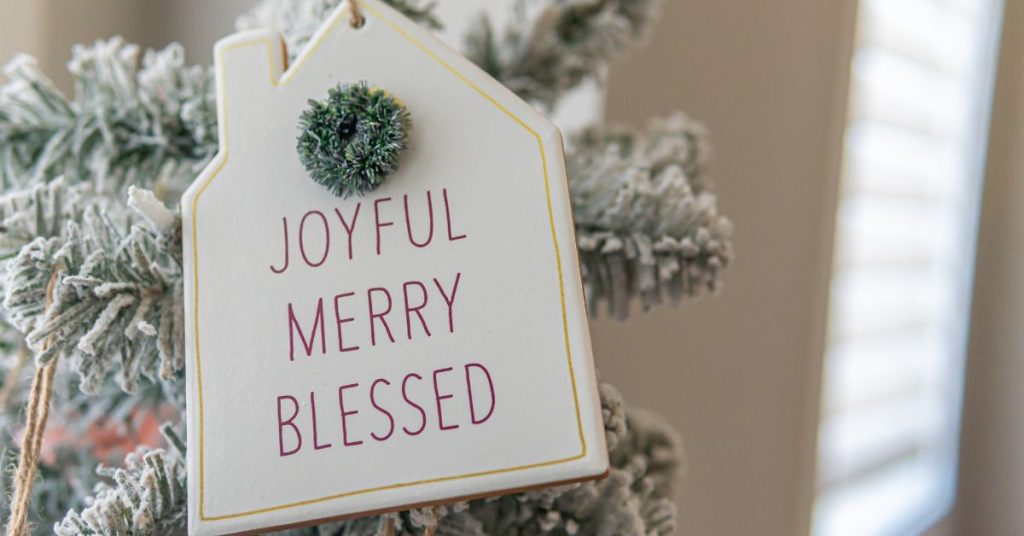Listen to this episode of the Focus with Marlene Podcast:
Get caught up with all episodes in the Developing a New Focus series.
This is part 5 in my series, “Focus on Building Confidence.”
Part 1: Focus on What You Can Do, Instead of What You Can’t
Part 2: Why Your Focus Matters
Part 3: Are You Reaching Your Goals?
Part 4: Relaxation Exercise to Maximize Your Focus
When I was working through the loss of my husband, it became a time of both healing and discovery.
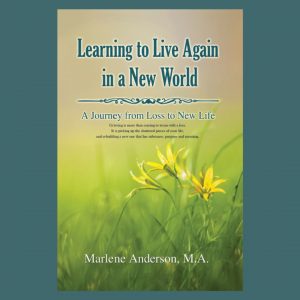 Similar to my experience, when you transition from what was to what is now, you’ll go through a period of reflection and creating a new identity. (See my book, Learning to Live Again in a New World).
Similar to my experience, when you transition from what was to what is now, you’ll go through a period of reflection and creating a new identity. (See my book, Learning to Live Again in a New World).
But you don’t have to wait for a tragedy to pause and consider who you are, what is important, and what you are capable of. You can stop and reflect right now and ask, “Is this how I want to live my life?”
Have you identified what is truly important to you and are you living that life?
If not, what needs to change?
What do you need to learn about yourself before continuing on?
Much of life revolves around what is required to live, from getting a job to raising a family and then preparing for retirement. We become tougher over time through life’s challenges. We gain courage and a stick-to-itiveness we wouldn’t have without going through difficult times.
But we don’t have to wait for life to present opportunities to explore who we are, what we like or enjoy doing, or what hidden talents and abilities we may not have yet discovered. No matter what our age is, we can stop at any time and do some important self-evaluation.
So, ask yourself right now: Am I living the life I want to live?
I’m not talking about fancy homes, or cars, or elite lifestyles. I am talking about what, deep down, you realize is important to have contentment, satisfaction, and joy.
As you reflect, consider the following:
What do you like to do?
Think back over the years and explore times when you did things that gave you a sense of achievement, peace, fun, challenge – times when you could lose yourself in what you were doing.
It may be singing, traveling, gardening, reading, studying, working with people, painting, etc.
- When was the last time you did this activity?
- Is this something you can start now?
Do not allow age or other predetermined restrictions to keep you from considering this. Start small and work from there.
When were you the happiest?
Your first thought might be when you were first in love and being with that person and doing things together.
But other times can create a feeling of happiness. Can you identify some of them?
Maybe it was whenever you worked with others on a project or helped others, or accomplished a difficult goal.
- Can you keep doing things that create this sense of achievement, happiness, and contentment?
- Have you given yourself credit or praise for the times you tried as well as when you accomplished?
If we focus only on times when we failed without giving ourselves credit for attempting or simply trying one more time, we might begin to think we are no good at doing anything.
Make a list of all the things you can take credit for, no matter how minor or small they may seem. Examples: Being willing to try, stick-to-itiveness, knowing when to alter directions, self-discipline, finding joy even in tough times. Go over your list every day as you build confidence.

What do you dream about and hope for?
What have you always wanted to do but were even afraid to tell someone for fear they might laugh at you?
What is keeping you from exploring those hopes and dreams today?
President Bush skydived when he retired and made his last jump when he was 80. Age is not a barrier.
You have only one life to live.
Identify what is important to you and begin living it!




